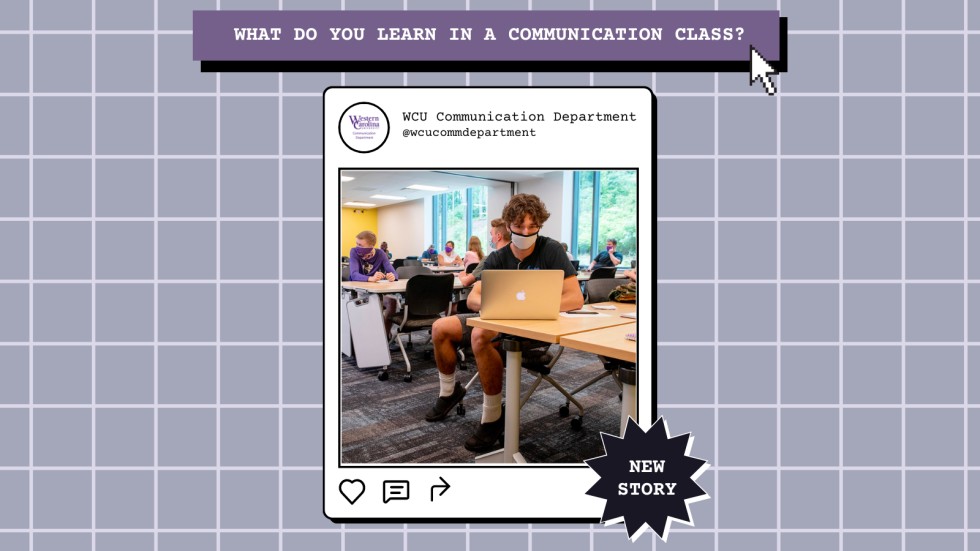Communication skills are crucial in every industry. But what exactly do you learn in a communications class? This article explores the innovative teaching methods and engaging curriculum used in various communication courses at Western Carolina University, offering a glimpse into the valuable skills and knowledge gained.
Foundational Communication Skills: Building a Strong Base
Foundations of Communication courses, like COMM 201 at Western Carolina University, delve into the fundamental principles of communication theory and practice. Students learn essential skills applicable to interpersonal, small group, and public speaking contexts. Professor Susan Schall, who holds a master’s degree in speech communication, utilizes active learning techniques to reinforce these concepts.
One example is a group activity involving building a pyramid out of red solo cups. This seemingly simple task highlights the importance of leadership, teamwork, and effective communication within a group dynamic. Students learn to collaborate, strategize, and adapt to challenges, reinforcing the theoretical concepts discussed in class. By working in established groups, students leverage pre-existing rapport to seamlessly navigate the activity, solidifying the importance of group roles and leadership.
Diving Deep with Communication Theory
Communication Theory courses, such as COMM 350, explore various theoretical frameworks used across different communication disciplines. Dr. Candy Noltensmeyer, a seasoned communication professor with a doctorate in the field, employs innovative assignments to bridge theory and real-world application. Students connect theoretical concepts to their own lives through activities like selecting songs that exemplify specific theories and designing activities that demonstrate them.
One standout student project utilized the popular Netflix series Squid Game to illustrate social exchange theory. By simulating partner selection for competitive games with unknown outcomes, the activity mirrored real-life decisions in work and relationships. This engaging approach fostered lively class discussions about the complexities of costs and rewards in various relationships, enriching students’ understanding of the theory’s practical implications. The use of games like ddakji and rock-paper-scissors provided a tangible experience for students to grasp abstract concepts.
Mastering Interpersonal Communication
Interpersonal Communication courses, like COMM 301, focus on the dynamics of communication in personal relationships. Professor Shelby Broberg, with a master’s degree in communication studies, guides students through the intricacies of communication in friendships, family relationships, romantic partnerships, and professional settings.
A key activity in this course involves mapping out the stages of a relationship by identifying significant turning points. Students collaboratively analyze how these turning points, both positive and negative, influence the trajectory of relationships. This visual representation helps students understand the non-linear and dynamic nature of interpersonal relationships, drawing connections between theory and their personal experiences.
Essential Skills for Career Success
The knowledge and skills gained in communication classes extend far beyond the classroom. Employers across various industries highly value strong communication, leadership, teamwork, interpersonal skills, problem-solving abilities, and adaptability. By actively participating in engaging activities and applying learned concepts, students develop these sought-after skills, setting themselves apart in both academic and professional environments. Communication courses provide students with the tools to navigate complex interpersonal dynamics, build strong relationships, and effectively communicate in diverse contexts, ultimately contributing to their overall success.

